
Deworming: One Size Doesn’t Fit All
Work with your veterinarian to develop an individualized deworming plan that caters to your horse’s needs.

Work with your veterinarian to develop an individualized deworming plan that caters to your horse’s needs.

Times are changing when it comes to parasite control. Learn how to control parasites in broodmares and foals.
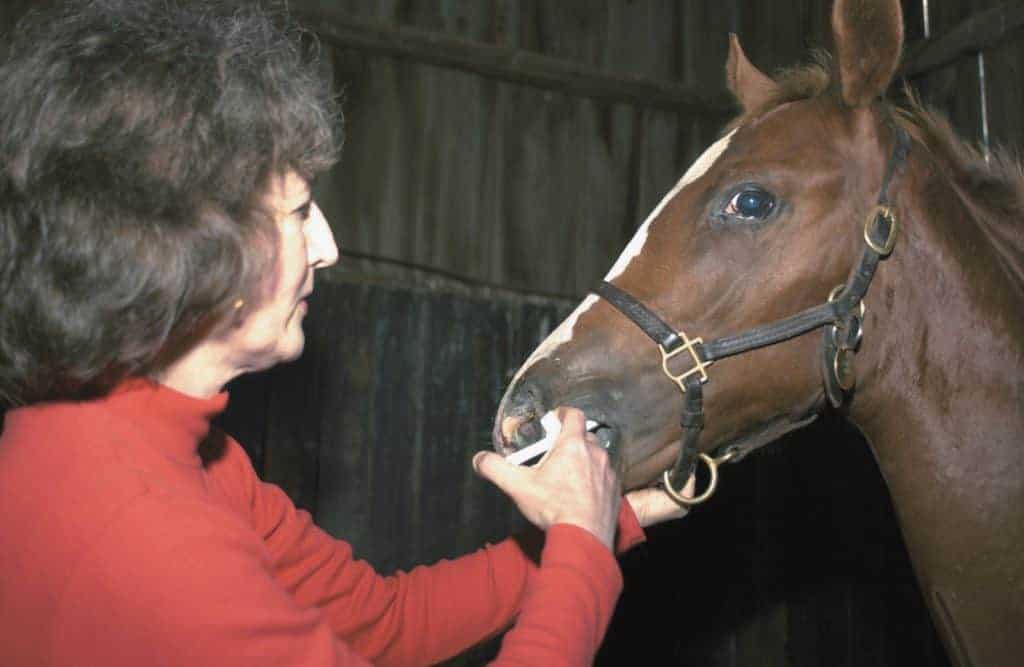
Foals are more susceptible to parasite infection and have an elevated risk for developing disease.
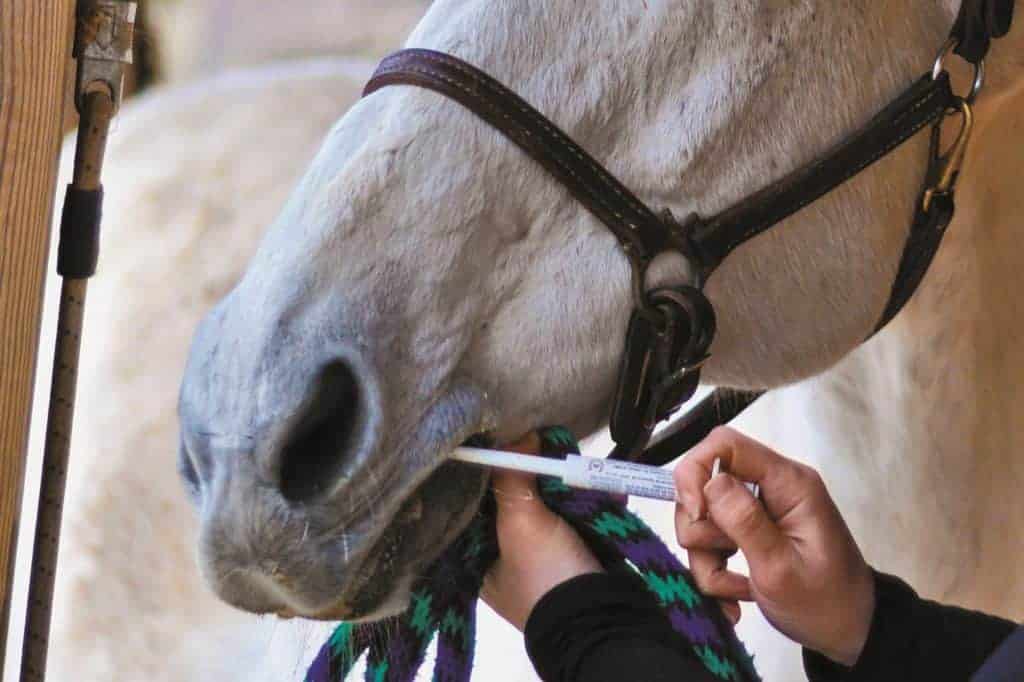
Get the scoop on the American Association of Equine Practitioners’ updated parasite control guidelines.
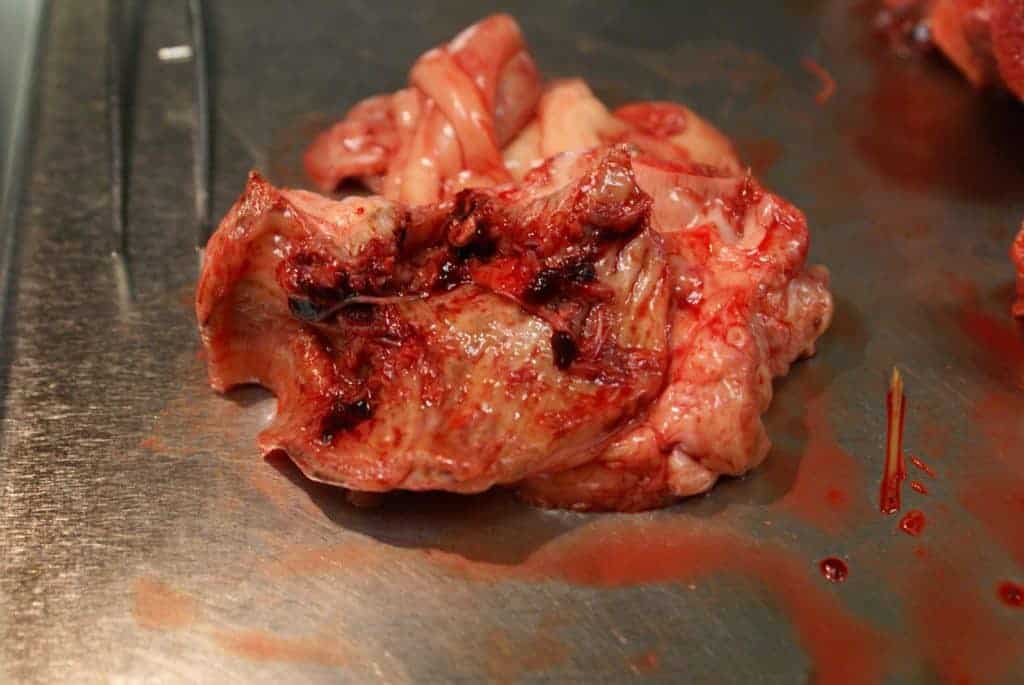
Strongylus vulgaris (the bloodworm) is the most pathogenic parasite infecting horses worldwide.
Sessions on hay production and equine parasite control recommendations will be offered.

Caring for Miniature Horses is similar to managing big horses–they need good nutrition, housing, farriery, and vet care. However, these tiny equids do require some special considerations, too.

Internal parasites can make a horse unthrifty and cause poor hair coat, digestive issues, and even colic. Learn about these and other clinical signs of a wormy horse from Dr. Steve Sundholm of Equus Veterinary Service in Oregon City, Ore.
With the EQStable app owners can centralize pertinent horse health information on their phone.

Researchers believe massive deworming could open the door for anthelmintic-resistant parasite development.
The grant will allow Nielsen to study the interaction between anthelmintic treatment and vaccines.
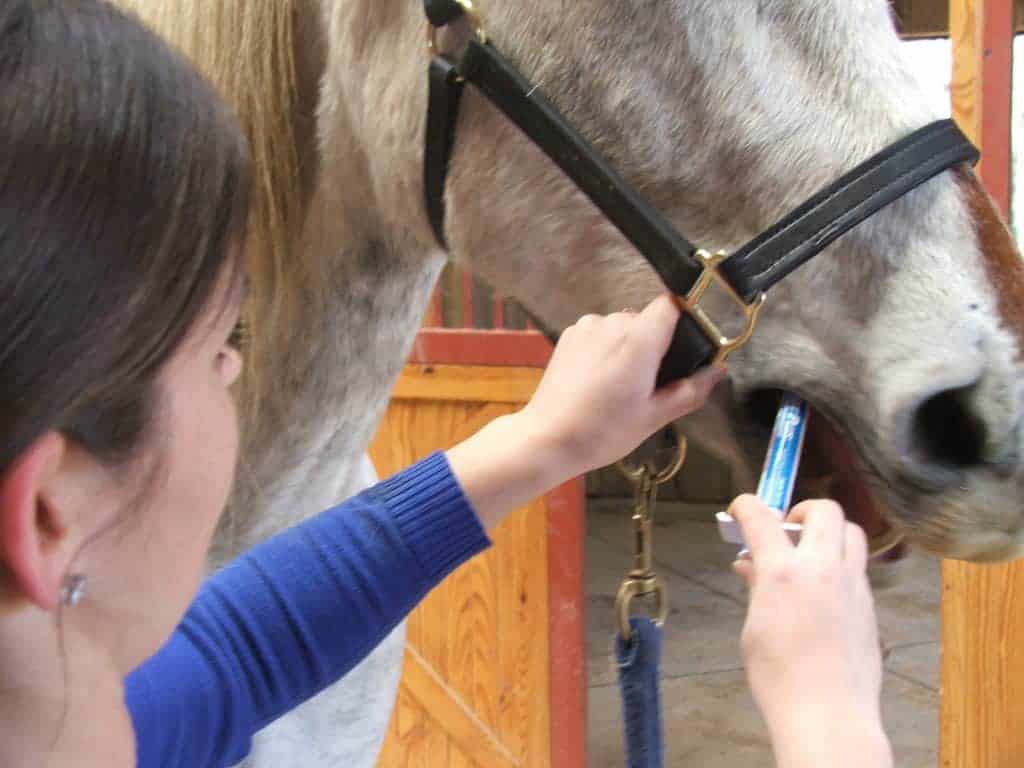
Routine fecal egg counts can help determine if certain dewormers are effective on specific farms.

An official set of guidelines for parasite control in horses is now available on the AAEP website.

One researcher describes research on controlling ascarids, or roundworms, before they enter a horse’s body.
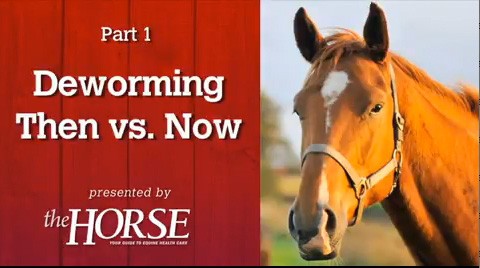
Dr. Steve Sundholm of Equus Veterinary Service in Oregon City, Ore., talks about changes in internal parasite control protocols for horses over the years and introduces strategic deworming.
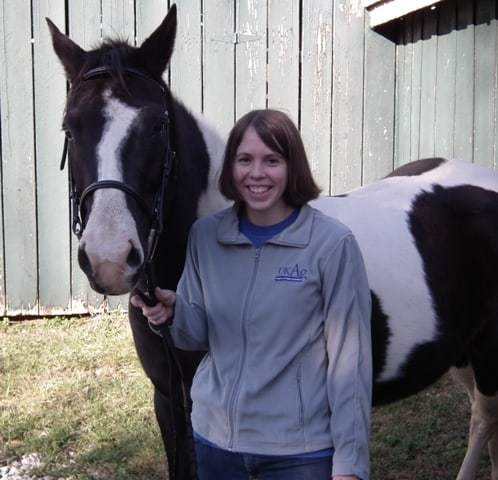
Burk?s main research focus is the development of a western blot test for Parascaris equorum.
Stay on top of the most recent Horse Health news with
"*" indicates required fields